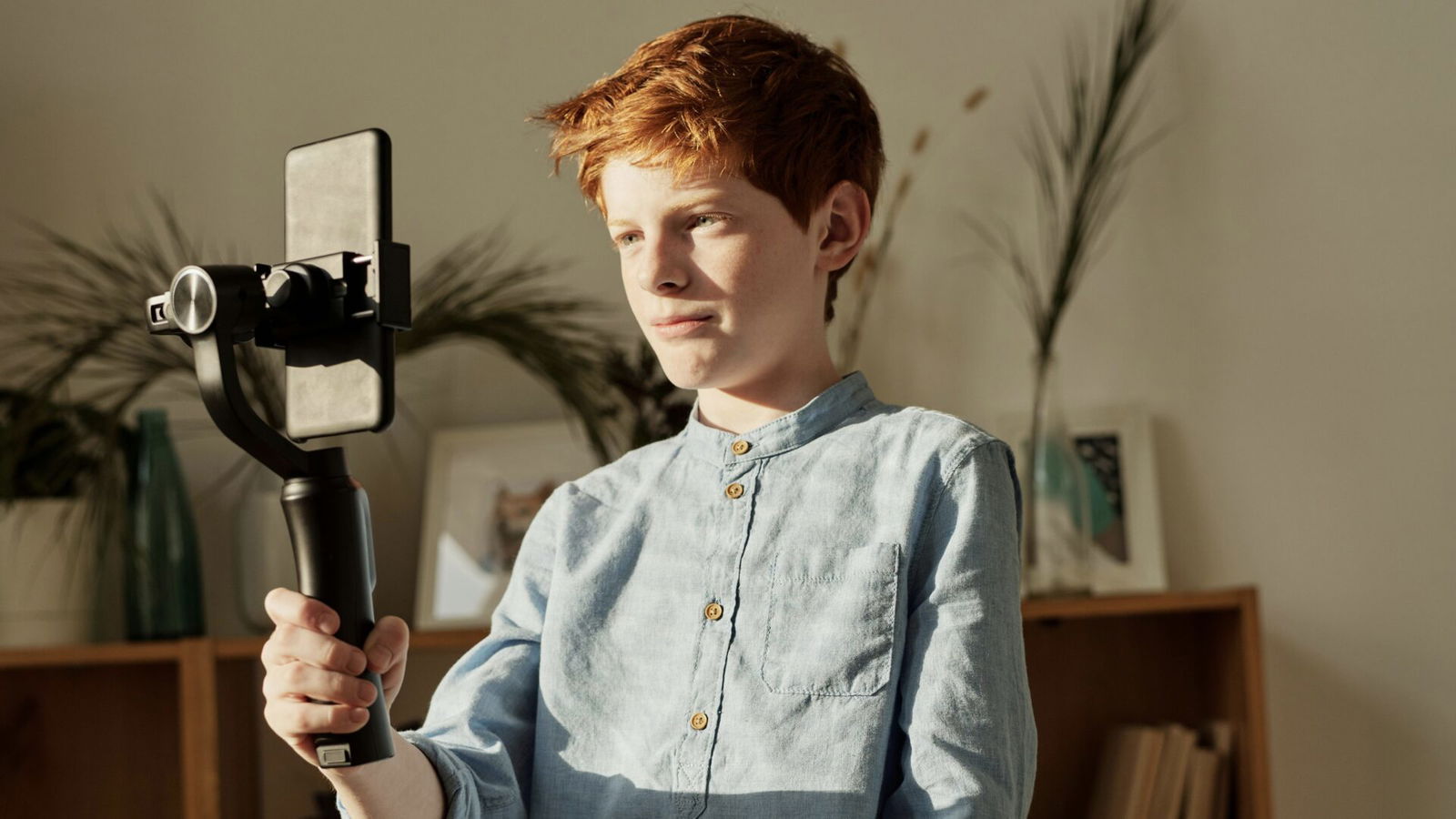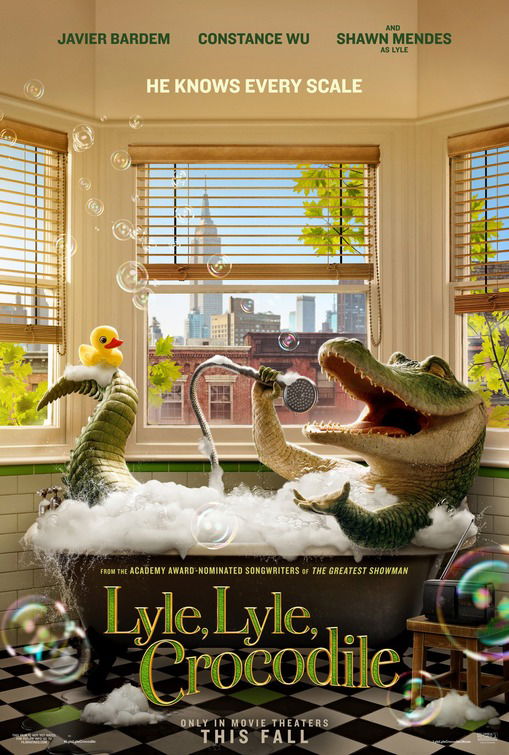
By Michaela Gordoni
Recent documentaries like DEVIL IN THE FAMILY: THE FALL OF RUBY FRANKE and BAD INFLUENCE: THE DARK SIDE OF KIDFLUENCING have raised questions about the exploitation of kids online.
Chris McCarty, 20-year-old founder of Quit Clicking Kids, said it is “particularly concerning when you have exclusive content of kids that is behind a paywall — the implications of that are pretty serious.”
Instagram and YouTube are the main avenues for exploitation, through vlogs, videos or posts. Both platforms have precautions for child monetization, The Hollywood Reporter said.
“We want creators to have fun and be creative, but they must also follow our Community Guidelines, Creator Responsibility policies and applicable laws,” a YouTube spokesperson told THR. “If we see that a creator’s on- and/or off-platform behavior is harmful to the wider YouTube community we take swift action.”
The spokesperson said its principles were developed with the help of child development experts and extensive research.
Related: BAD INFLUENCE: THE DARK SIDE OF KIDFLUENCING Season 1 Episode 1
When McCarty was 17, he heard the story of James and Myka Sauffer, vloggers who adopted a 2-year-old special needs child from China who basically gave the child back after two-and-half years. They claimed inability to meet his needs.
McCarty then began to push a homemade policy to prevent such “sharenting.” Several states have now supported the bill, called HB 2032. The bill ensures that at least 15% of revenue that comes from a minor’s participation in online videos be set aside for them, and it allows them to request the deletion of the content when they are adults.
McCarty wishes that the bill could do more and “require set teachers or regulated work hours,” but those cannot be feasibly enforced.
“I think it would be very difficult to get into the homes and monitor how much these kids are working,” Kids Are Not Content founder Sarah Adams, said. “Some [family vloggers] would argue that [the kids] are not working — they’re just filming their life.”
But Adams says, “Trust me, these kids are acting. They know when the camera is on that they have to perform, they have to say something cute. Who knows what that’s doing to their psyche as they develop a sense of self and always have to feel like they’re in performance mode?”
An assistant professor at Indiana University, Mary Jean Amon, who specializes in research on parental sharing and beliefs about autonomy and consent, noted that kids may be under constant pressure and strain with kidfluencing.
“For kid influencers, those cameras are ubiquitous since most of the adults around them will have one in hand at virtually all times,” Amon told The New York Times. “Rather than playing characters, child influencers are observed as themselves, while also being heavily rewarded for pandering to the desires of strangers, and sometimes they’re punished for failing to do so.”
New York Times reporter Michael Keller, who analyzed data from 5,000 parent-run Instagram accounts, points out that though there are some protective measures put in place for kids on the platform, there’s no sure way to protect kids from predators.
“What we found was that it is very hard [for parents to run accounts] in a safe way, and that it may take hours every day of blocking creepy or possibly predatory men from interacting with the account,” he told PBS News Hour. “And the real-life threats that this could lead to, maybe — we heard stories of strange packages showing up at people’s doors, and could go from the online world into real life and affect your family.”
While platforms like YouTube and Instagram have safeguards in place, the reality is that children are often left vulnerable to exploitation and other harm. Advocates like McCarty are pushing for laws to change this, and while some states have passed laws, there’s still hurdles to overcome.
Read Next: Will This Docuseries Be a ‘Wake-Up Call’ For ‘Kidfluencing’ Industry?
Questions or comments? Please write to us here.


 - Content:
- Content: 

